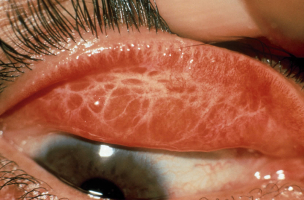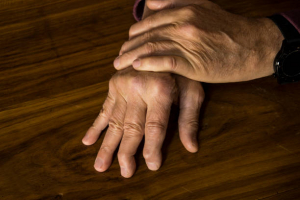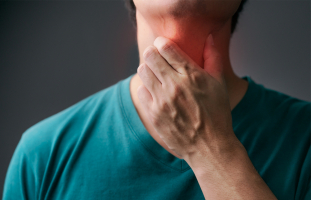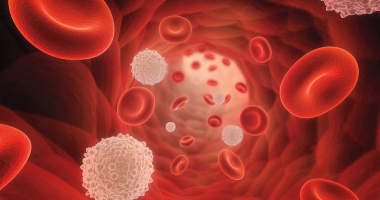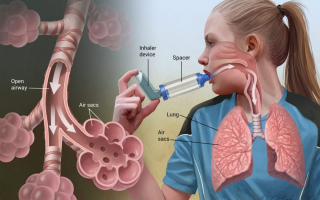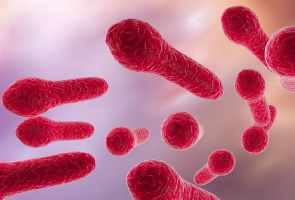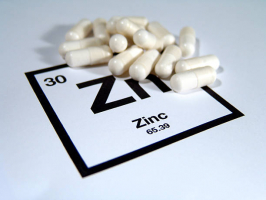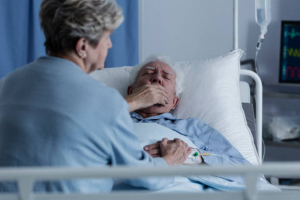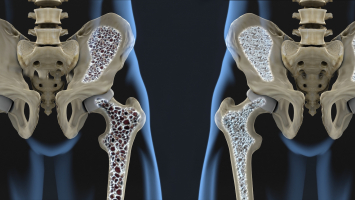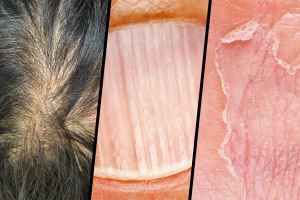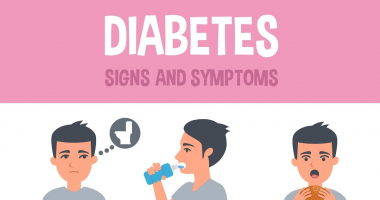Top 8 Signs and Symptoms of Anorexia Nervosa
To reduce weight or prevent gaining weight, a person with anorexia nervosa, often known as anorexia, uses harmful and severe tactics. The onset of anorexia is ... read more...influenced by a wide range of complicated circumstances. Each person will experience anorexia for a variety of reasons, including genetics, historical trauma, and other mental health issues including anxiety and despair. Because anorexics frequently are unaware that they are suffering from an eating illness, they may be reluctant to seek assistance. As a result, anorexia is normally not recognized right away. Here are the most common signs and symptoms of anorexia.
-
Purging is a typical aspect of anorexia. Self-induced vomiting and excessive use of some drugs, such as laxatives or diuretics, are examples of purging habits. It could also entail using enemas. The anorexia subtype known as binge eating/purging is characterized by periods of binge eating followed by self-inflicted vomiting. Another method of purging is taking a lot of laxatives. These drugs are administered in an effort to lessen food absorption and hasten the emptying of the intestines and stomach.
Similar to this, diuretics are frequently employed as a way to reduce body weight by increasing urine and decreasing body water. According to research on the frequency of purging in people with eating disorders, up to 86% of patients self-induced vomiting, up to 56% of patients misused laxatives, and up to 49% of patients abused diuretics. Serious health issues can result from purging.

Purging for Weight Control 
Purging for Weight Control -
Common anorexia symptoms include persistent anxiety over meals and meticulous calorie counting. Every single item, including water, that anorexics ingest may be documented. They occasionally even learn the number of calories in meals by heart. Obsessions with food are influenced by worries about gaining weight. Anorexics may drastically reduce their caloric intake and follow strict diets. Some people may cut off whole food categories from their diets, such as carbs and lipids.
Long-term food restriction can cause severe malnutrition and vitamin shortages, which can affect mood and exacerbate food compulsive behavior. Reduced food consumption can also have an impact on insulin and leptin levels, two hormones that control hunger. Other health difficulties include bone loss, troubles with reproduction, mental health, and development problems that might result from this.

Obsession With Food, Calories and Dieting 
Obsession With Food, Calories and Dieting -
Anorexics frequently exhibit signs of various illnesses, such as depression, anxiety, hyperactivity, perfectionism, and impulsivity. These symptoms may make it difficult for folks who have anorexia to enjoy things that other people often find pleasurable. In anorexia, extreme self-control is also typical. This trait is demonstrated by limiting food consumption in order to lose weight.
Additionally, those who have anorexia may develop extreme sensitivity to criticism, failure, and errors. Some of these traits in anorexics can be explained by hormonal imbalances in serotonin, dopamine, oxytocin, cortisol, and leptin. Because these hormones control motivation, mood, appetite, and behavior, abnormal levels may result in irritability, irregular eating patterns, impulsive behavior, anxiety, and depression. A lack of nutrients important in mood regulation can also result from lowering food consumption.

Changes in Mood and Emotional State 
Changes in Mood and Emotional State -
For many who have anorexia, appearance and body type are major considerations. The idea of body image refers to a person's impression of their physical characteristics and feelings about their bodies. A bad body image and unpleasant sentiments about one's physical self are characteristics of anorexia. Participants in one research had misunderstandings regarding their physical characteristics and body type. They also showed a strong desire to be skinny. Body size overestimation, or believing one is larger than one actually is, is a typical trait of anorexia.
In one research, 25 anorexic participants were asked to determine if they were too fat to fit through a door-like aperture in order to test this theory. In comparison to the control group, those with anorexia considerably inflated their physical size. One such sign of anorexia is routine body inspection. Examples of this tendency include checking your body measurements, pinching the fat on certain areas of your body, and staring in the mirror. Bodily-checking can encourage food restriction in anorexics and raise feelings of body inadequacy and anxiety. Evidence also suggests that anorexia might be more common among susceptible individuals in sports that emphasize weight and appearance.
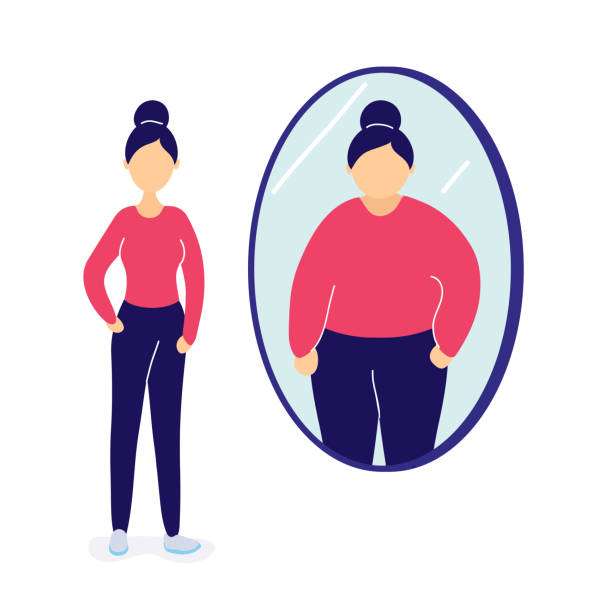
Distorted Body Image 
Distorted Body Image -
People with anorexia, particularly those with the restrictive form, sometimes overexert themselves in an effort to reduce weight. According to one study involving 165 individuals, 45% of those with eating problems also engaged in excessive exercise. It was discovered that within this group, individuals with restrictive (80%) and binge eating/purging (43%) kinds of anorexia were most likely to engage in excessive exercise. The excessive activity appears to be more prevalent in female adolescents with eating problems than in male adolescents. When an exercise is skipped, some anorexics also feel a great deal of severe shame.
Other sorts of physical activity that are typically observed in anorexia include walking, standing, and fidgeting more frequently. High degrees of anxiety, sadness, and obsessional personalities and behaviors frequently coexist with excessive exercise. Finally, it appears that the low levels of leptin reported in anorexics may promote restlessness and hyperactivity.

Excessive Exercise 
Excessive Exercise -
Anorexia is characterized by irregular eating habits and a lack of appetite. The continual denial of hunger and reluctance to eat are characteristics of the restricted form of anorexia. This behavior may be influenced by a variety of things. First, hormonal abnormalities can cause persons with anorexia to refuse to eat because they are always afraid of putting on weight. Two hormones that are important in reducing fear include oxytocin and estradiol.
It might be challenging to get over the ongoing dread of food and fat since anorexics often have low amounts of these hormones. The refusal to eat may be influenced by abnormalities in the hormones that regulate appetite and fullness, such as cortisol and peptide YY. People who have anorexia may discover that losing weight makes them feel better than eating, which may encourage them to keep eating less.

Denial of Hunger and Refusal to Eat 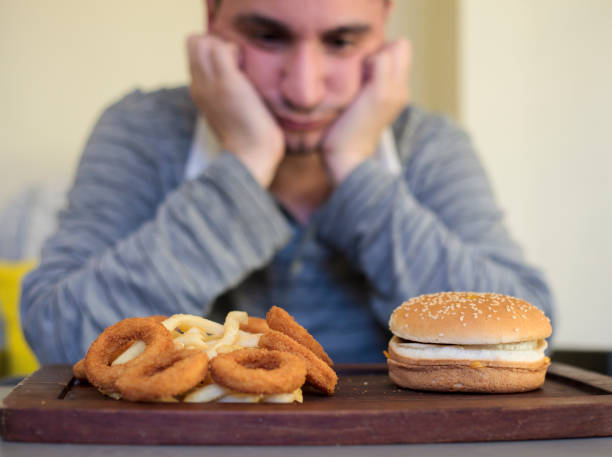
Denial of Hunger and Refusal to Eat -
Anorexia can occasionally result in long-term usage of alcohol, certain drugs, and diet pills. Alcohol can be used to control hunger and manage stress and anxiety. About 18 times as many people who engage in binge eating and purging abuse alcohol and drugs than those who follow a restrictive diet. Some people who overuse alcohol may also drastically cut back on their food intake to make up for the calories they lost while drinking.
In the restrictive kind, it's typical to abuse additional drugs, such as amphetamines, caffeine, or ephedrine, which can suppress hunger, speed up metabolism, and encourage quick weight loss. Rapid weight loss and food restriction can alter the brain in ways that can boost a person's craving for drugs. Malnutrition and other health issues can result from long-term drug misuse and reduced food consumption.

Alcohol or Drug Abuse 
Alcohol or Drug Abuse -
The primary indicator of anorexia is excessive weight loss. It's also among the most worrisome. The degree to which a person lowers their weight determines the severity of their anorexia. A person's weight suppression is the difference between their present weight and their maximum previous weight. A study revealed substantial connections between weight suppression and body weight, extreme exercise, dietary restriction, and the use of weight-controlling medications.
The present body weight must be 15% or less below what is predicted for a person of that age and height, or the body mass index (BMI) must be 17.5 or less, according to guidelines for the diagnosis of anorexia. A person's weight fluctuations might be challenging to detect, and they alone might not be enough to rule out anorexia. To arrive at a precise diagnosis, it is necessary to take into account any other symptoms and indicators.

Extreme Weight Loss 
Extreme Weight Loss











